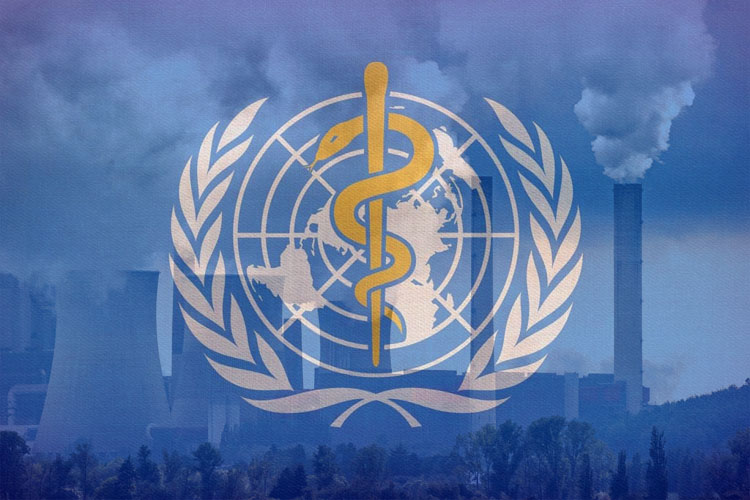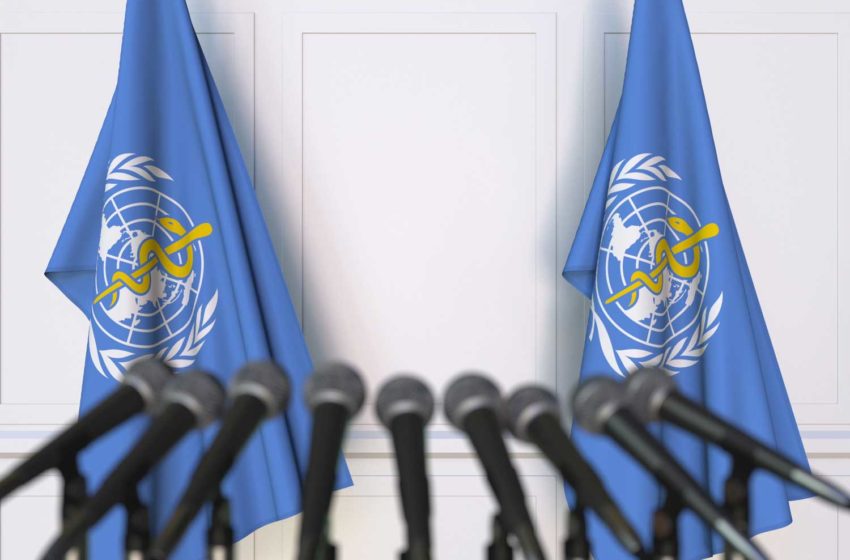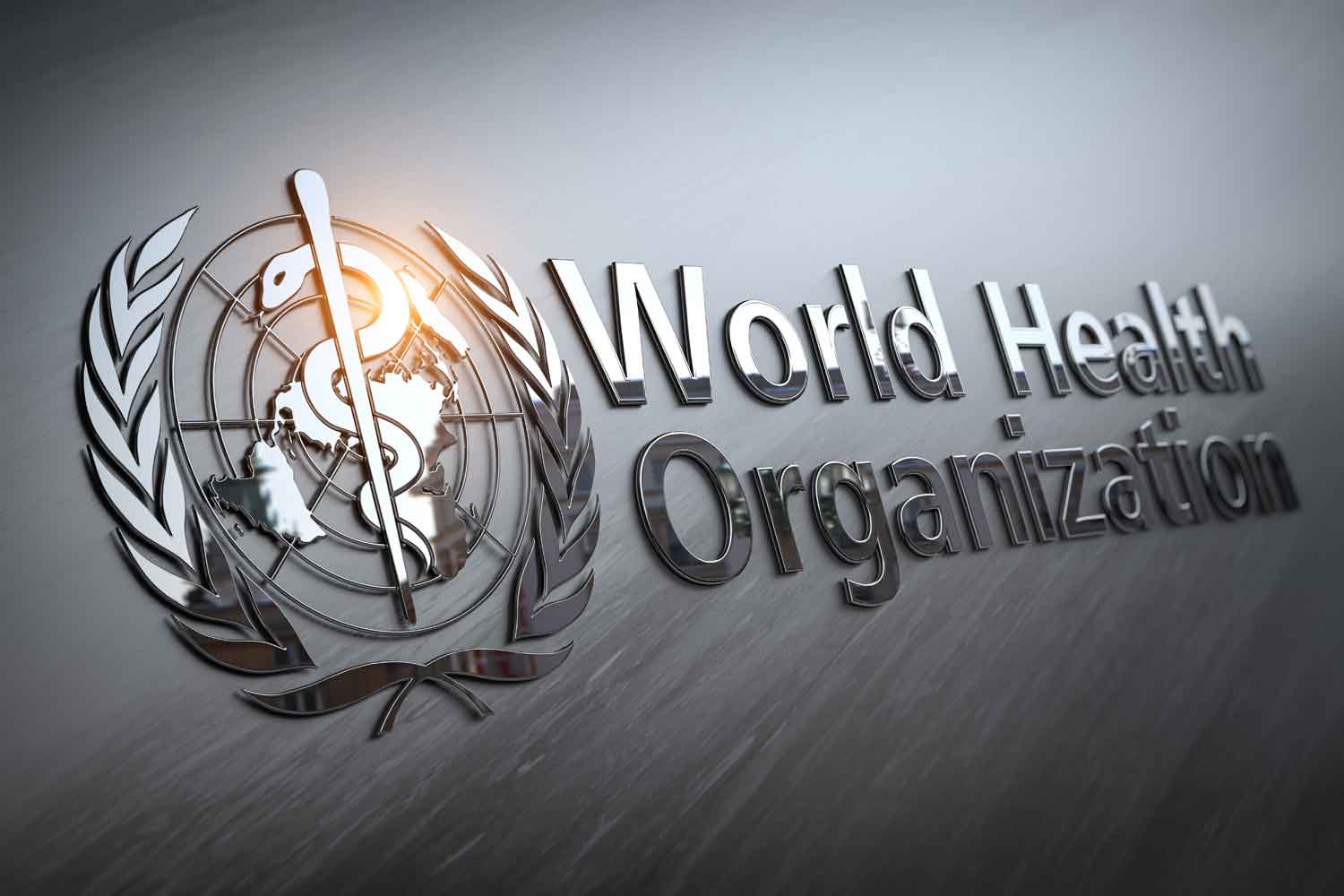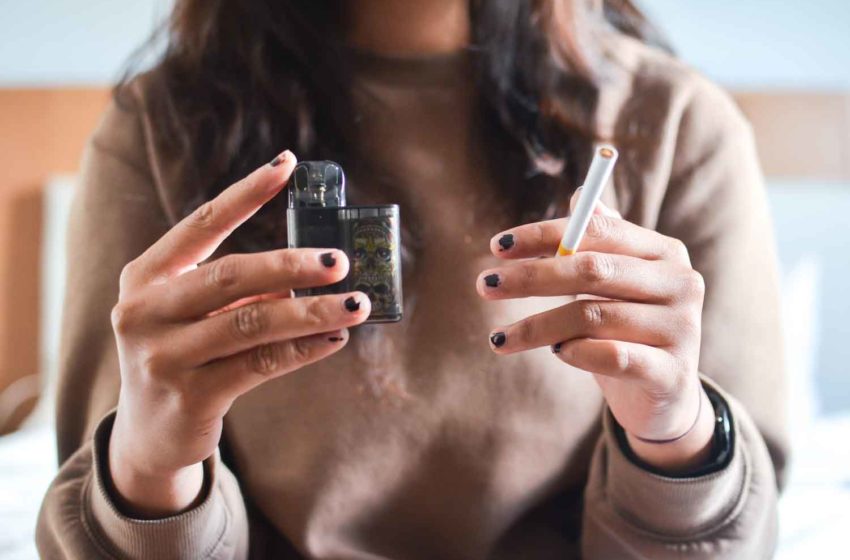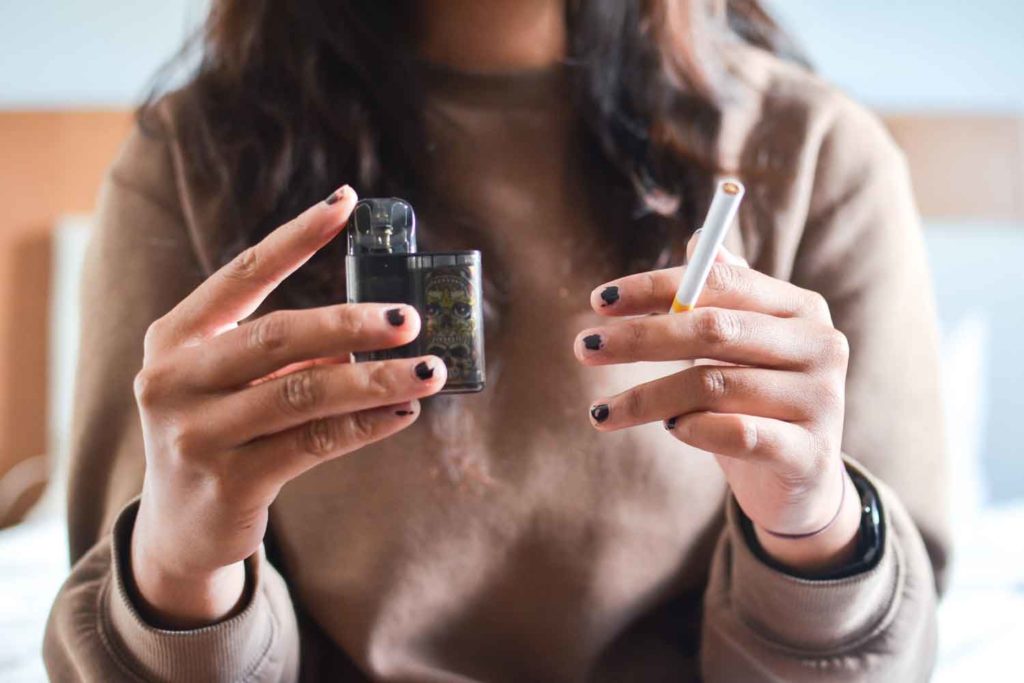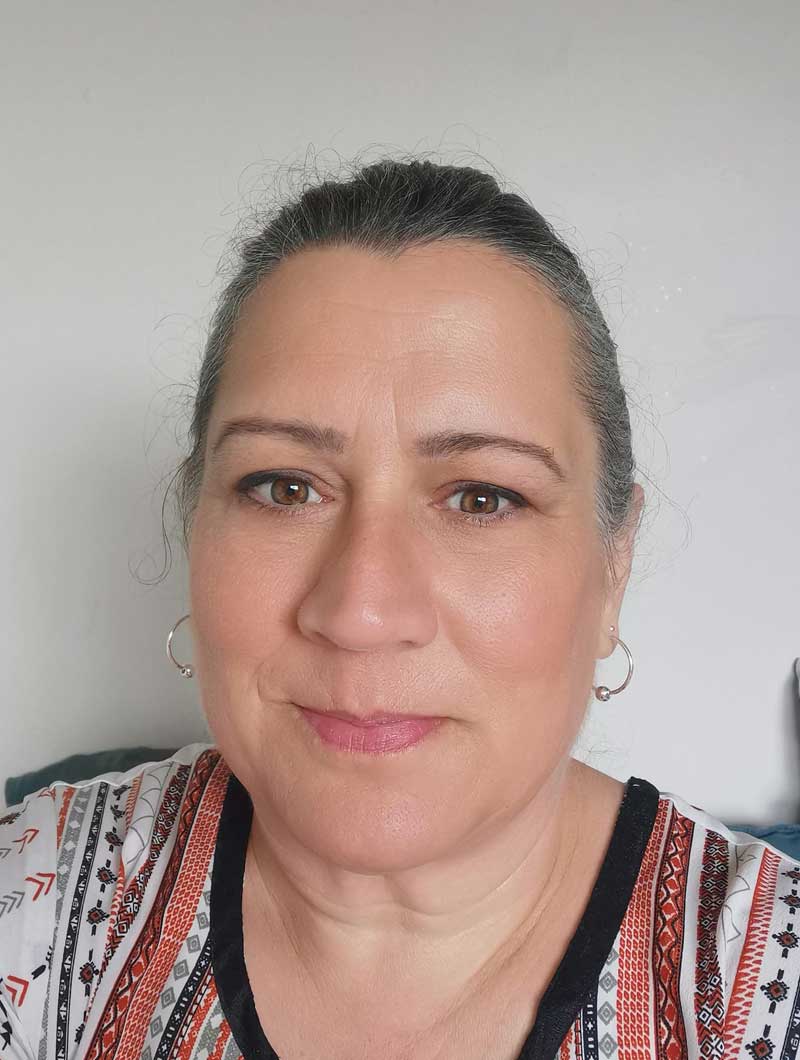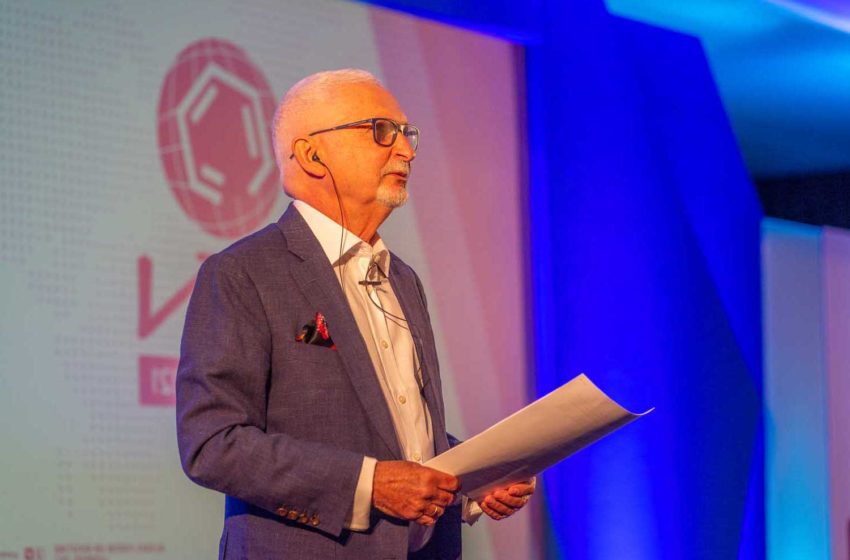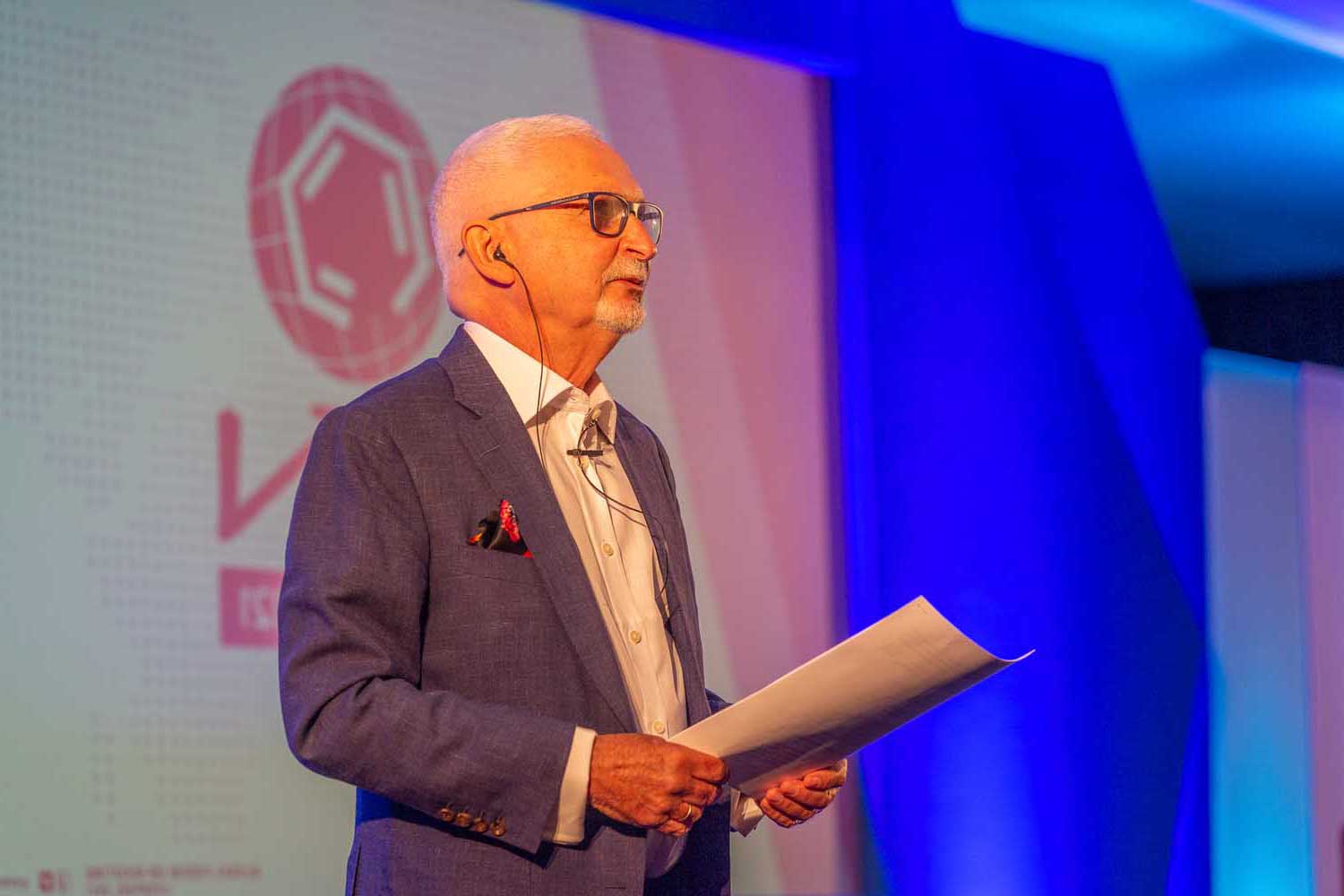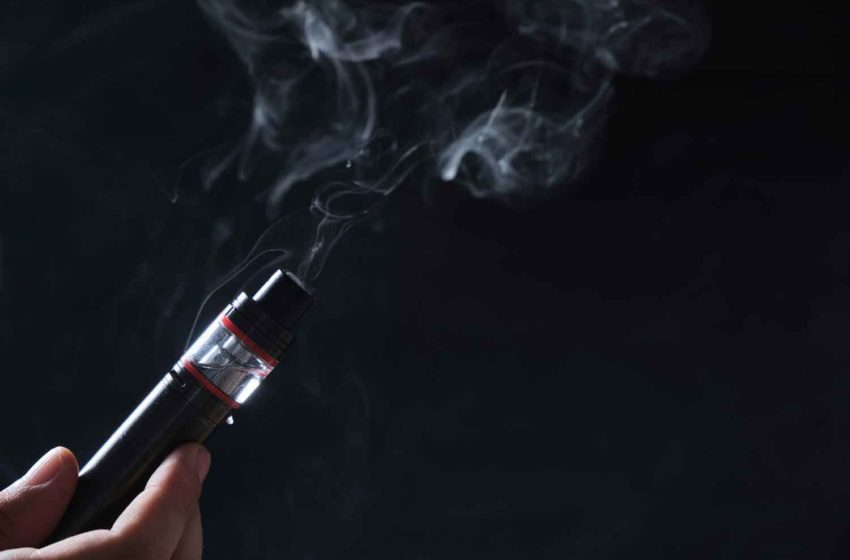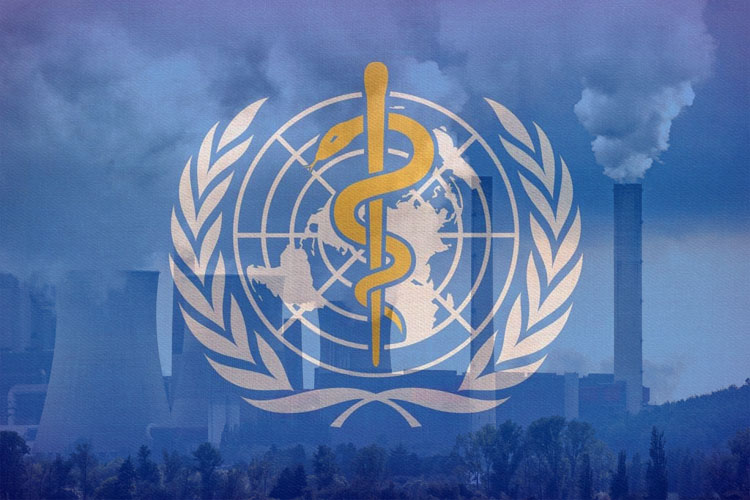
The regulation of new and emerging e-cigarette, heated-tobacco and nicotine products will be one of the central topics of discussion at the COP10-MOP3 international tobacco control conferences next year, said Adriana Blanco, head of the World Health Organization Framework Convention on Tobacco Control (FCTC), in a virtual press conference on Nov. 14, reported ECigIntelligence.
Speaking from the WHO headquarters in Geneva, Switzerland, Blanco said that proposals to create more stringent rules and health guidelines to govern new tobacco and nicotine product use will be prioritized at the COP10 (10th Conference of the Parties to the WHO FCTC) and the MOP3 (third session of the Meeting of the Parties to the Protocol to Eliminate Illicit Trade in Tobacco Products), which will now take place in Panama next year.
Last week, the WHO postponed COP10 to 2024 due to security issues for attendees and no new date has been announced.

